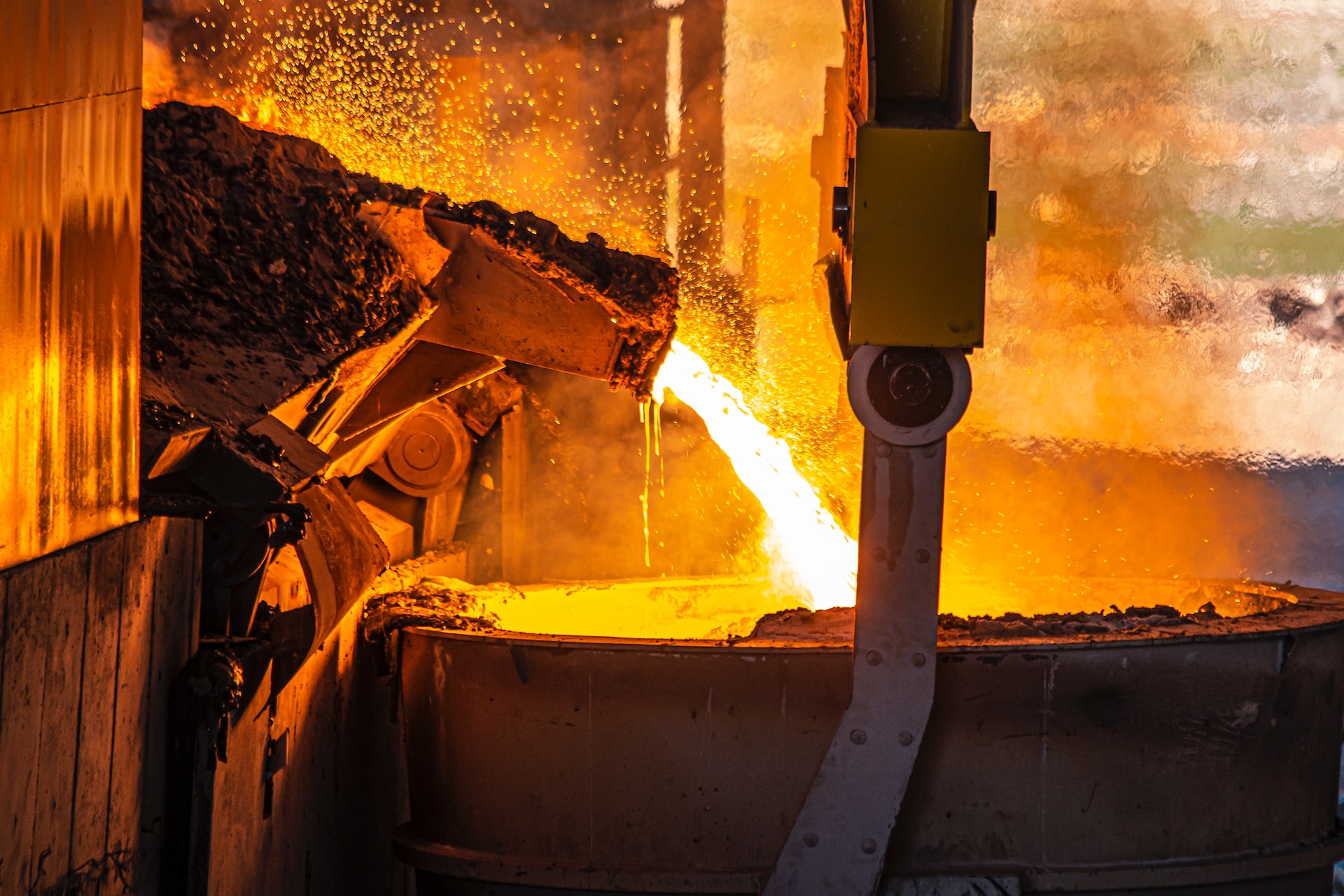European steel merchant bar producer Beltrame Group has launched a low carbon steel product called Chalibria to accelerate the transition towards climate neutrality, the long steelmaker announced Nov. 15.
Beltrame said it would obtain the Chalibria products’ carbon neutrality by offsetting CO2 emissions generated by the value chain through the purchase of carbon credits on a voluntary basis, in line with the PAS2060 standard and the ISO14064-1 certification attested by certification company RINA.
The company aims to reduce its CO2 emissions by 40% by 2030 and to achieve this has defined a decarbonization plan and a precise roadmap, Beltrame said.
To achieve this, Beltrame had identified four macro-groups of activities, namely production efficiency, a circular economy, procurement of green energy, and hydrogen projects.
“The emissions generated during the group’s activities are well below average international and European sectors, reaching 570 kg CO2 per ton of rolled steel (Scope 1,2 and 3 upstream), about 75% less than the emissions of the global steel industry and about 15% less than the European average for electric furnace steel emissions,” Beltrame Group CFO and Managing Director Raffaele Ruella said.
However, the company aimed to reduce its emissions by 40% by 2030 from 2015 levels, he added.
The investments of the decarbonization plan, which will be implemented within the timeframe dictated by the European programs, will make it possible to reduce emissions from production processes and consequently to decrease also the purchase of carbon credits over time,” it said.
“Steel is a special material, which can be recycled indefinitely and this is inherently sustainable, but producing it generates emissions and a high energy expenditure,” Beltrame Head of Group Business Development and CEO France and Romania Carlo Beltrame said.
As part of the decarbonization plan, Beltrame aims to strengthen its production efficiency strategy by modernizing its main gas heating furnaces, the design and construction of heat recovery systems and the installation of digital control systems.
For hydrogen projects, it said its furnaces were already designed to be able to use hydrogen as a fuel in a mix with natural gas and the company was preparing for developments in the use of low carbon, or green, hydrogen as a fuel, it said.
Meanwhile, its circular economy activities included improving the quality of scrap and other raw materials, reusing waste, such as the slag from steelworks and refining plants, from the production process and replacing raw materials with recycled materials.
“These applications have allowed the group to consolidate the waste reduction process and by-products sent to landfills, favoring their recovery in internal or external cycles factories, covering approximately 90% of their total today,” it said.
Beltrame also aims to increase its use of green energy by developing renewable energy plants for self-consumption and supply contracts of renewable electricity through power purchase agreements, it said.
In 2022, it created a consortium with two other companies to invest in the construction of renewable energy sources and to supply energy electricity produced by the plants to each member.
As part of its increasing investments to minimize emissions, it said good progress had been made on the construction of a photovoltaic park near its plant in Targoviste, Romania to reduce energy consumption.
The park is due to have an installed capacity of 60-65 MW, with the company also planning to install 10 MW photovoltaic panels on the roofs of its buildings to have a total power generation capacity of 70-75 MW by late-October 2023.
Beltrame said it was evaluating further initiatives to increase the share of low carbon energy.
For the emissions that it would not yet be able to reduce through the decarbonization plan’s projects, it would use carbon offsetting, it said.
Platts, part of S&P Global Commodity Insights, assessed the weekly TSI Northwest Europe rebar price at Eur800/mt ex-works Nov. 9, up from Eur790/mt ex-works at the start of the year, but down from the intra-year high of Eur1,340/mt ex-works reached March 30.
— Jacqueline Holman






